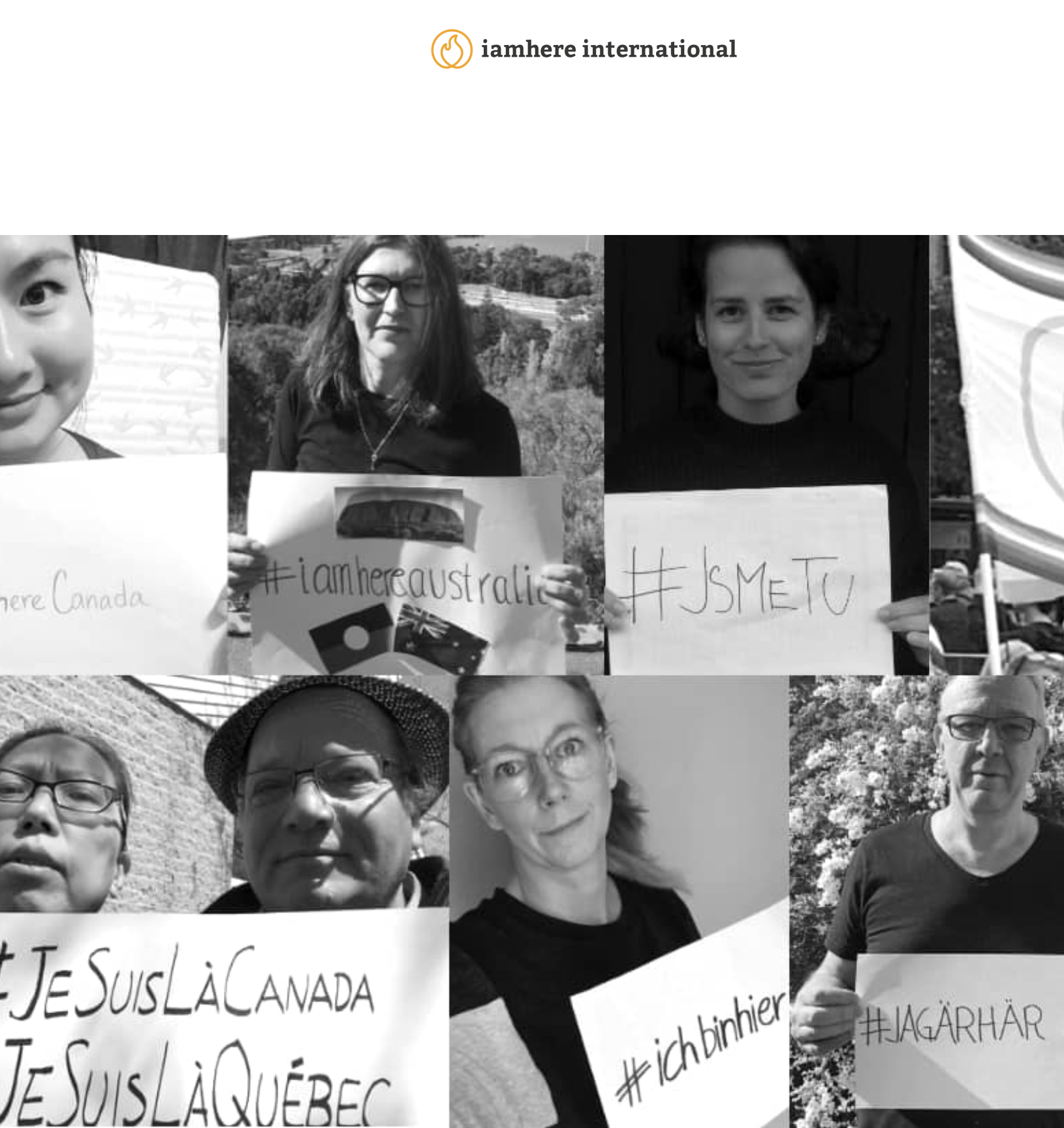Strategies to counter online hate, especially when directed towards (religious) minorities and vulnerable communities
Photo: Mina Dennert, Rufine Songué and Maral Jekta in a zoom conversation (source Our Voice)
While the importance of the internet in today’s society as a driver of communication, gateway to vast amounts of information and enabler of socio-political participation is irrefutable, digital and communication technologies also pose numerous problems as multipliers of disinformation, extremist content and hate speech. The rejection of pluralism, the denigration of those who live, think or look differently, and the desire for an absolute truth are unfortunately a part of our society. Ideologies of inequality, as expressed for example in racism, sexism and conspiracy theories are also a part of the everyday world for youth.
Some journalists and researchers have therefore made it their mission to prevent citizens from extremism and to counter fake news through diverse projects. Which strategies do they use and how efficient are they? In this episode of Our Voice, Rufine Songué speaks to Maral Jekta and Mina Dennert about their contribution to the fight against extremism and anti-pluralistic narratives.
You can listen to the full programme here.
Maral Jekta is a research associate in the RISE project, which provides resources by and for youth on pluralism, religion, gender, and countering extremism in general.
Mina Dennert is a journalist, author, lecturer, moderator and founder of I Am Here International, a citizen-driven, anti-online-hate movement, countering hate speech and misinformation online.
Further resources and information:
Youth perspectives against extremism: Films, materials, context for educational work
Radio Dreyeckland is a community radio in the South-West of Germany, involving 150 volunteers in the production of diverse and multilingual broadcasts. No other radio in the region offers such a variety of programs, with more than 50 music shows covering all styles and genres, 17 broadcasts in different languages, daily news and coverage of political topics, as well as a special focus on culture and sub-culture, gender, environment and literature.
The programme Our Voice was initiated by a group of journalists of different backgrounds from Syria, Turkey, Togo, The Gambia and Cameroon. In their multilingual show, they talk about personal stories and discuss current political issues.



